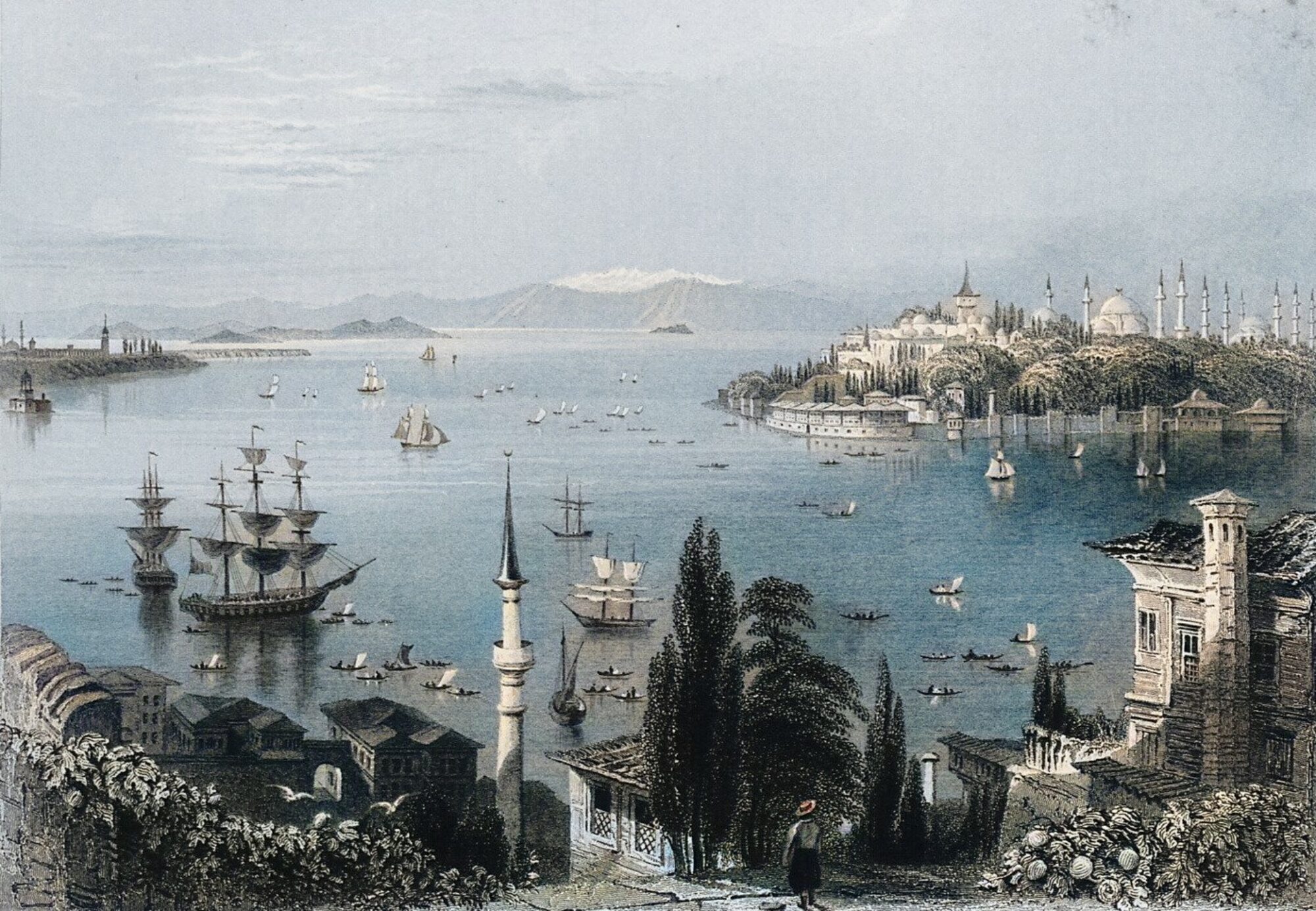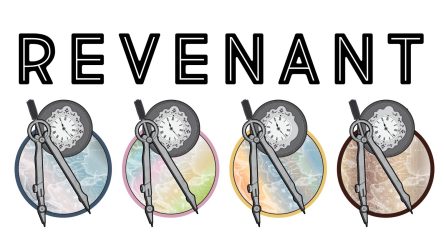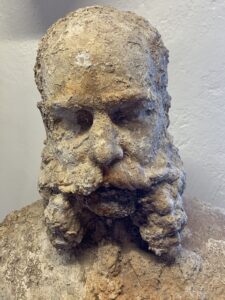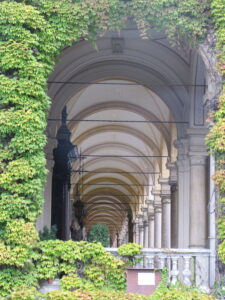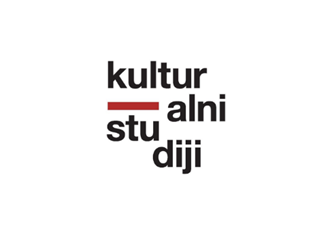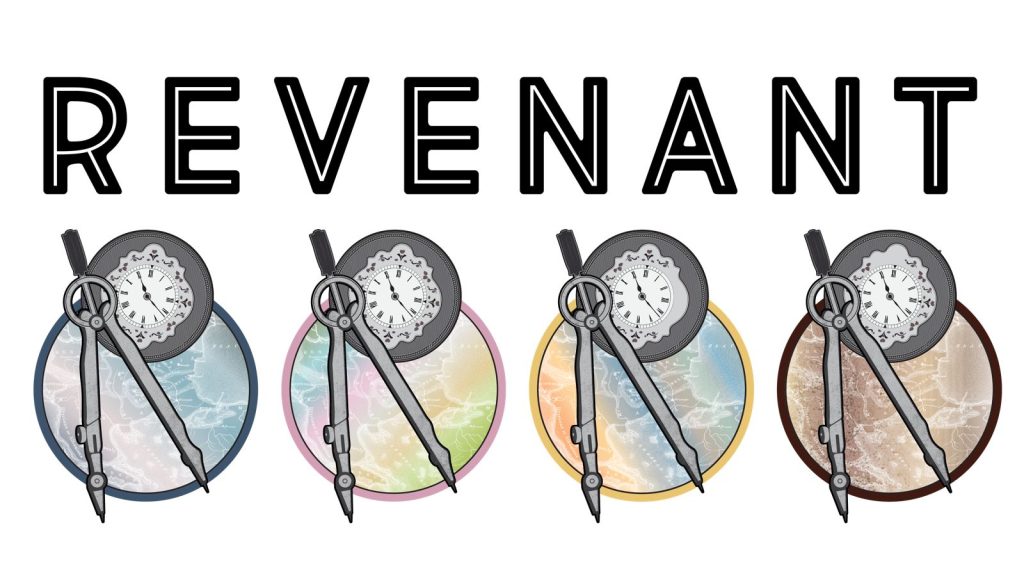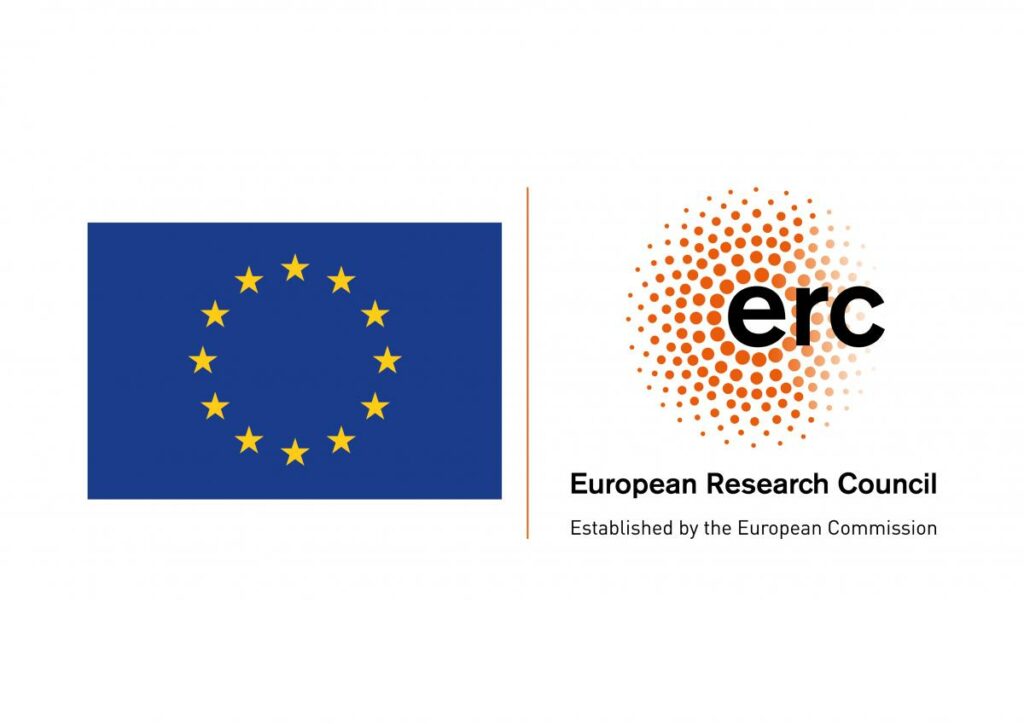Across central and eastern Europe, the Balkans, central Asia and the Caucasus, and the Middle East, bygone imperial projects are increasingly inseparable from contemporary political, social, and cultural life. From gargantuan statues to pocketsize tchotchkes, embodied in both rose-tinted visions of imperial multiculturalism and the persistent anxiety and loathing of post-imperial nationalisms, the empires of the past exert pressure on the present, even as they respond to the present’s demands.
The research project REVENANT (Revivals of Empire: Nostalgia, Amnesia, Tribulation), based at the Department of Cultural Studies, of the Faculty of Humanities and Social Sciences, University of Rijeka, and supported by ERC grant #101002908, seeks to examine contemporary collective memories and legacies of the Habsburg, Ottoman, and Romanov Empires from a capacious, comparative, and interdisciplinary perspective. Designed and coordinated by Dr. Jeremy F. Walton, REVENANT constitutes the first comprehensive research project to grapple with these complex, overlapping post-imperial memories and legacies.
REVENANT pursues two overarching research questions. First, how do collective memories of the Habsburg, Ottoman and Romanov Empires achieve articulation through ensembles of persons, places and things? Secondly, how do imperial legacies complicate and contradict the personifications, emplacements, and materializations of post-imperial memories?
The threefold heuristic of persons, places, and things determines three secondary research questions. First, how and why do certain historical personages galvanize collective memories of empires? Secondly, how do specific places become sites of post-imperial memory, while other loci of imperial legacies escape commemoration? Thirdly, how are bygone empires embodied through a variety of objects and material culture?
The sites, cities, and regions that orient REVENANT span a vast geography between the Alps and the Urals, the Baltic and the Aegean. They include the former imperial capitals of Vienna, Istanbul, and St. Petersburg; post-imperial port cities such as Rijeka, Thessaloniki, and Odessa; and the erstwhile borderlands of the Balkans, Bukovina and Galicia, and the Caucasus.
Interdisciplinarity is a key supplement and complement to REVENANT’s plural geographical and historical foci. Our research will draw on the insights and perspectives of Anthropology, Art and Architectural History, Comparative Literature, History, Material Culture Studies, Memory Studies, Political Science, and Sociology. Accordingly, it will rely on a variety of methods, including participant observation, visual ethnography, archival research, targeted interviews with key actors, and discourse analysis. Finally, one of REVENANT’s central aspirations is to foster new scholarly professional relationships across these post-imperial regions, with an eye to the multiple ways in which their intersecting pasts might shed new light on shared futures.
Contacts
Department of Cultural Studies
Faculty of Humanities and Social Sciences
University of Rijeka
REVENANT on Bluesky
REVENANT on Facebook
The Project Team
Dr. Jeremy F. Walton, The Principal Investigator:
jeremy.walton@uniri.hr
Dr. Ivan Flis, Postdoctoral Researcher:
ivan.flis@uniri.hr
Dr. Kevin N. Kenjar, Postdoctoral Researcher:
kevin.kenjar@uniri.hr
Dr. Slaven Crnić, Postdoctoral Researcher:
slaven.crnic@uniri.hr
Matea Magdić, Research Associate:
matea.magdic@uniri.hr
Magdalena M. Meašić, Research Associate:
magdalena.measic@uniri.hr
Goran Stanić, Research Associate:
goran.stanic@uniri.hr
Adi Tufek, Research Associate:
adi.tufek@uniri.hr
Emanuela Erasmus, Project Manager:
emanuela.erasmus@uniri.hr
This project has received funding from the European Research Council (ERC) under the European Union’s Horizon 2020 research and innovation programme (Grant agreement No. #101002908).
